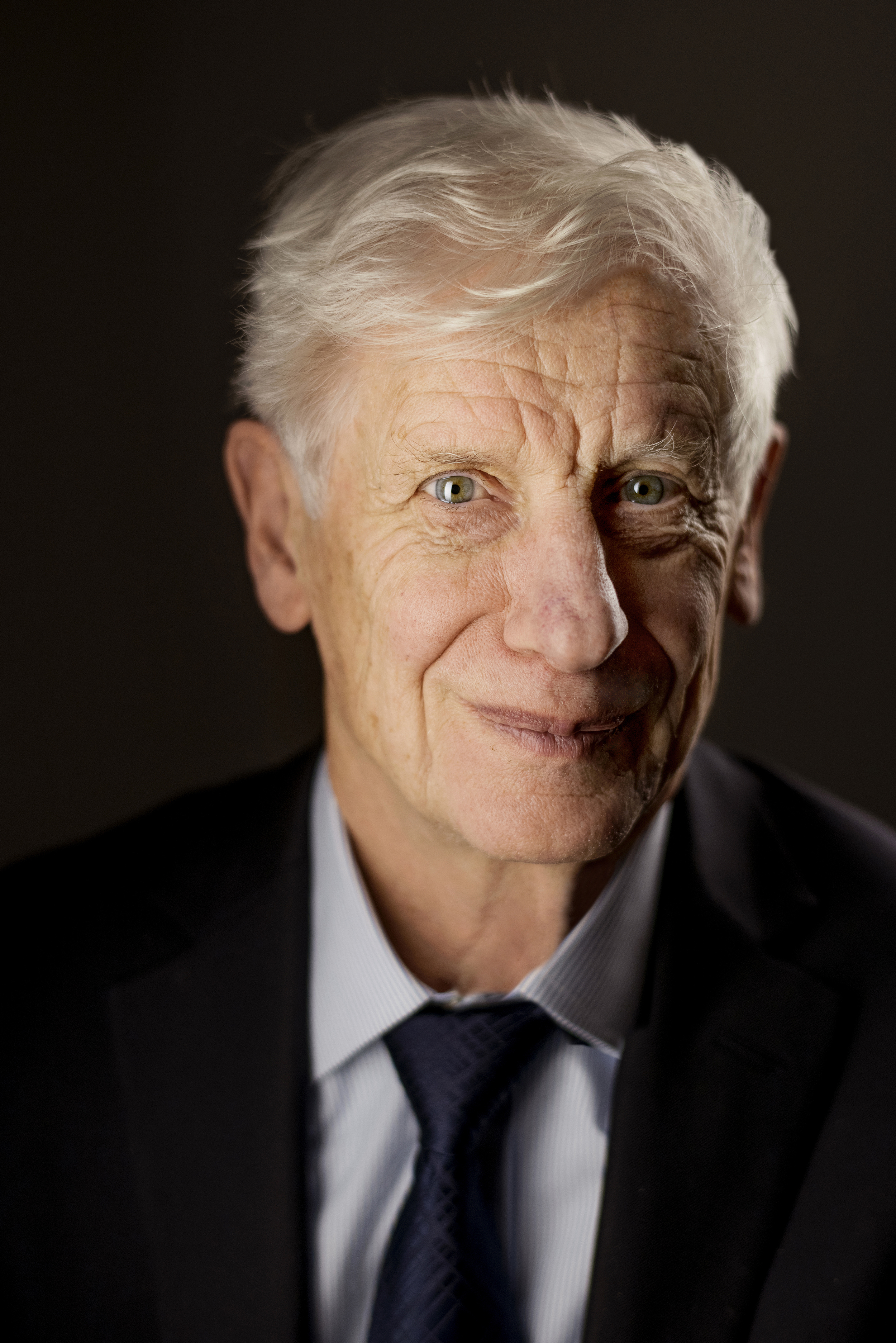Thouless, David James (1934-2019), a British-born American physicist, won a share of the 2016 Nobel Prize in physics for his theoretical discoveries involving unusual phases (states) of matter . He won half the prize. The British physicist F. Duncan M. Haldane and the British-American physicist J. Michael Kosterlitz split the other half.

In 1973, Thouless and Kosterlitz, both researchers at the University of Birmingham in England, proposed an explanation of how a thin film of atoms transitions to a superfluid. A superfluid is an exotic state of matter that acts like a liquid that flows absolutely freely. Thouless and Kosterlitz’s explanation treated the film as a liquid with microscopic whirlpools moving freely through it. As the film is lowered to a certain temperature, called the critical temperature, some whirlpools pair up with others rotating in the opposite direction, and part of the film becomes a superfluid. Other physicists provided experimental confirmation of this idea in 1978.
In 1982, Thouless helped to explain the quantum Hall effect. The Hall effect is an electrical effect that occurs when a current flows through a material in a magnetic field. If the current flows perpendicular to the magnetic field, the Hall effect is observed as a voltage across the material. Normally, the voltage increases continuously in proportion to the current and magnetic field. In 1980, however, the German physicist Klaus von Klitzing showed that in a thin film of atoms at low temperatures, the Hall voltage increases in steps, jumping from one step to the next. This occurrence is called the quantum Hall effect, and von Klitzing won the 1985 Nobel Prize in physics for its discovery. Thouless showed that the stepwise increases in Hall voltage resulted from the topology of the magnetic field. Topology is a branch of mathematics that deals with certain properties of geometric figures that cannot be changed by stretching, squeezing, or twisting the figures. A change from one topology to another is an abrupt shift, rather than a gradual one. As a result, when the topology of the magnetic field changes, the electric charge changes by an abrupt, stepwise amount.
Thouless was born on Sept. 21, 1934, in Bearsden, near Glasgow, Scotland. He attended Cambridge University in England, earning a B.A. degree in 1955. He received a Ph.D. degree from Cornell University in Ithaca, New York, in 1958. From 1965 to 1978, he was a professor of mathematical physics at the University of Birmingham. He was named a fellow of the Royal Society in 1979. In 1980, he joined the faculty of the University of Washington. He retired in 2003. Thouless died on Apr. 6, 2019.
